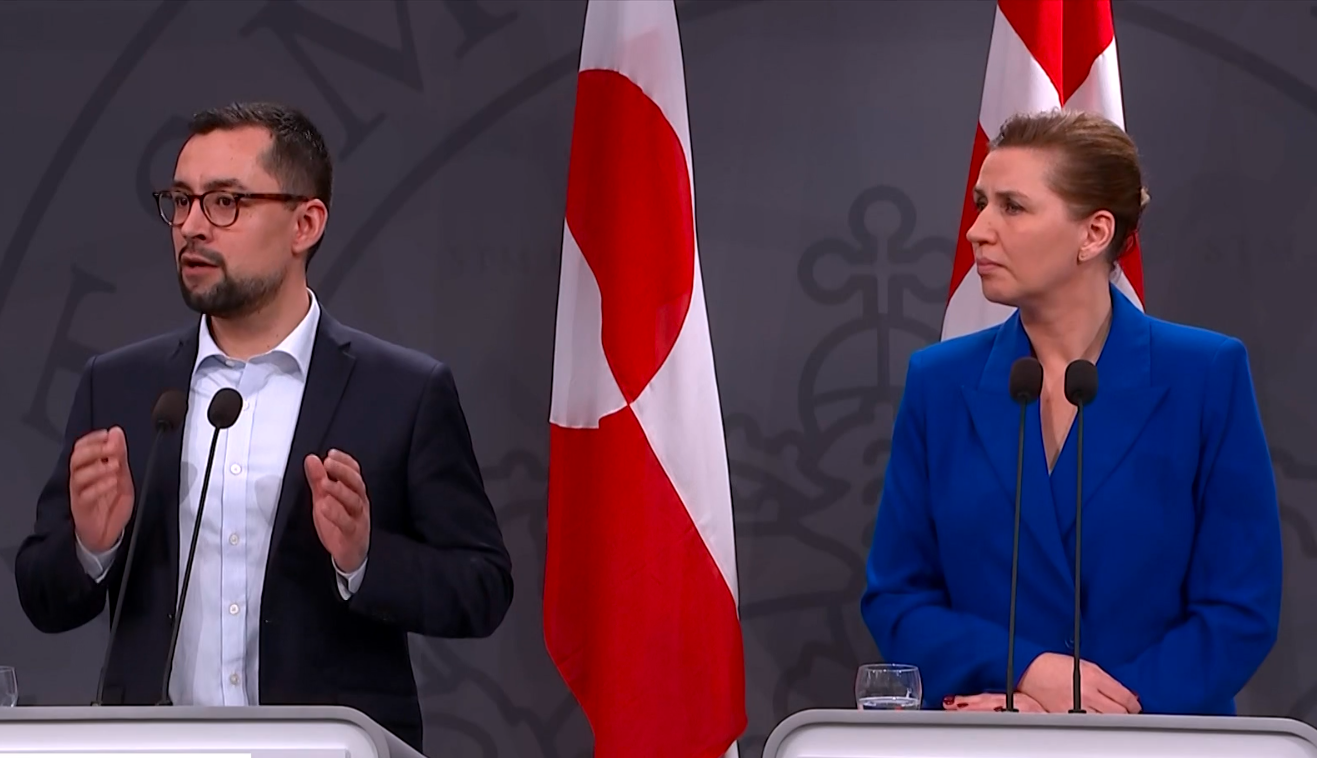Did you know that one of the reasons why so many Swedish actors can be found in Danish films is that it supposedly increases the odds of Swedish funding? Although perhaps this is a cynical viewpoint, especially considering the calibre of the Swedish actors that have recently been cast in Danish films, including Alicia Vikander in ‘En Kongelig Affære’ (‘A Royal Affair’), Tuva Novotny in ‘ID:A’ and Mikael Persbrandt in ‘Hævnen’ (‘In a Better World’).
Whatever the reason, the numbers are quite clear. According to MetroXpress newspaper, Danish films – which premieres this summer – received a total of nearly 10 million Danish kroner in Swedish film support in 2010 and 2011. In the same period, Swedish films received a meagre 2 million kroner from the Danish Film Institute (DFI).
Perhaps Danish films are just that much better; after all, awards have been pouring in for the Danes. Henrik Bo Nielsen, the CEO of the DFI (and also the person responsible for giving out Danish film support), agrees.
“If you look at the silverware that Danish films have brought home from international festivals in the past few years, versus what the other Nordic countries have scraped together, then there is something to suggest that the end product justifies a balance in Danish favour,” he told MetroXpress.
Peter Schepelern, a film expert and lecturer at the University of Copenhagen, is also not surprised by the numbers. “The Swedes have been superior to Danish film for many years, but sort of like with football, things have reversed in the last 15 years, as Denmark has come out with names like Von Trier, Susanne Bier and Lone Scherfig,” he explained to the same newspaper. “In the same period, it has been clear that although Swedish films definitely have shown good results, exciting Swedish films are not really coming out these days. They are not in a golden age. So I think, well, you can be arrogant enough to think that Danish films are simply better.”
Charlotta Denward from the Swedish Film Institute (SFI) is not a fan of this point of view. “For many years, there has been a very even distribution. The explanation for the large disparity in the past few years may be that the DFI, a few years ago, decided to change the rules so that it only supports a film with 60 percent of the money the production uses in Denmark,” she told MetroXpress. “One is therefore forced to spend more money in Denmark than one can get in funding from the film institute. It can be hard living up to those requirements.”
She added that quite a few Swedish producers have been denied Danish aid since the rule change and expressed her hope for a more co-operative future. The SFI also discussed the issue with the Danes, but the DFI has so far stood its ground, despite the fact that the Swedes show no intention of adopting a similar strategy to that of the DFI.
Henrik Bo Nielsen maintains his position: “It is clear that it’s a problem in the long run, if there are people out in the world thinking we are stingy, but these are the terms of our funding system: we get involved in projects that we think are cinematically interesting.”
In other words, Sweden needs to up its game if it wants to receive anything approaching reciprocal funding from Danish producers.












